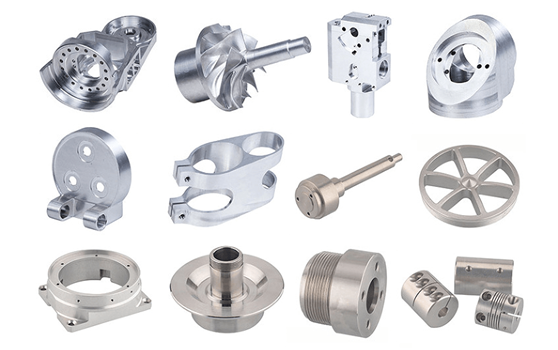
the choice between titanium flat bars and copper bars for electrical applications depends on various factors, including conductivity, corrosion resistance, strength, weight, and cost. Copper bars are the preferred choice for most electrical applications due to their superior conductivity and lower cost. However, titanium flat bars offer significant advantages in terms of corrosion resistance and strength, making them suitable for specific applications where these properties are critical. Ultimately, the decision should be based on the specific requirements of the application, considering both the short-term and long-term benefits of each material. By carefully evaluating the needs of the project and the properties of the materials, engineers and designers can make informed choices that enhance performance and reliability.
View More
The choice between titanium and aluminum threaded bars in aerospace applications ultimately depends on the specific requirements of the project. Titanium offers superior strength, corrosion resistance, and high-temperature performance, making it ideal for critical components. However, its higher cost and machining challenges can be limiting factors. On the other hand, aluminum provides a lightweight, cost-effective solution suitable for many applications, albeit with some compromises in strength and temperature resistance. In summary, both materials have their unique advantages and disadvantages, and the decision should be based on a careful analysis of the specific needs of the aerospace application. Engineers must weigh factors such as cost, performance, and environmental conditions to make informed choices that will enhance the safety and efficiency of aerospace designs.
View More